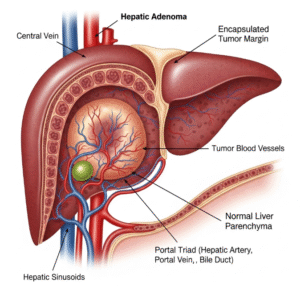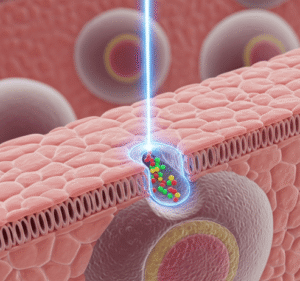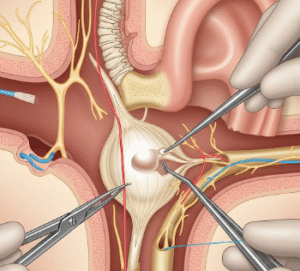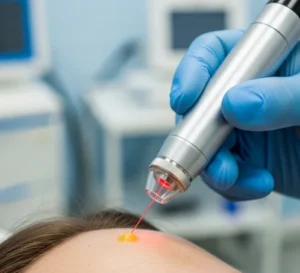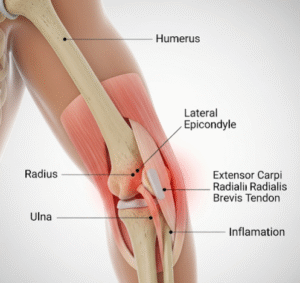Overview
Coeliac disease is an autoimmune disorder in which ingestion of gluten (a protein found in wheat, barley, and rye) triggers an immune response that damages the small intestine lining. This leads to malabsorption of nutrients and various gastrointestinal and systemic symptoms. In Korea, gastroenterology clinics and specialized nutrition centers provide diagnosis, dietary guidance, and long-term management for patients with coeliac disease.
What is Coeliac Disease?
Coeliac disease occurs when the immune system reacts abnormally to gluten, causing inflammation and atrophy of the villi in the small intestine. This impairs nutrient absorption and can lead to a range of digestive and extra-intestinal complications. It can develop at any age and may present with classic gastrointestinal symptoms or atypical manifestations.
Symptoms
- Chronic diarrhea or constipation
- Bloating, gas, and abdominal pain
- Weight loss or failure to thrive in children
- Fatigue and weakness
- Anemia due to iron or vitamin deficiencies
- Bone or joint pain
- Skin rash (dermatitis herpetiformis)
- Mouth ulcers
- Delayed growth and puberty in children
Causes
- Ingestion of gluten-containing foods triggers immune-mediated damage in genetically susceptible individuals
- Presence of specific genetic markers: HLA-DQ2 or HLA-DQ8
- Autoimmune reactions leading to small intestine villi destruction
Risk Factors
- Family history of coeliac disease or other autoimmune disorders
- Type 1 diabetes, autoimmune thyroid disease, or autoimmune liver disease
- Down syndrome or Turner syndrome
- Female gender (slightly higher prevalence)
- Certain gastrointestinal infections may trigger disease in genetically susceptible individuals
Complications
- Malnutrition and vitamin/mineral deficiencies (iron, calcium, vitamin D, B12)
- Osteoporosis or osteopenia
- Infertility or recurrent miscarriages
- Increased risk of certain gastrointestinal cancers if untreated
- Growth and developmental delays in children
- Persistent fatigue and chronic health issues
Prevention
There is no way to prevent coeliac disease, but early diagnosis and strict adherence to a gluten-free diet can prevent complications and improve quality of life. Families with a history of autoimmune disorders should monitor for symptoms.
Treatment Options in Korea
Management of coeliac disease focuses on a strict, lifelong gluten-free diet and supportive care. Korean gastroenterology and nutrition centers provide:
- Dietary Management
- Gluten-free diet counseling by dietitians
- Education on hidden sources of gluten in food, medications, and supplements
- Nutritional supplementation for deficiencies (iron, calcium, vitamin D, B12, folate)
- Medical Management
- Monitoring and treatment of anemia or osteoporosis
- Symptom management for persistent gastrointestinal issues
- Follow-up and Monitoring
- Regular blood tests to monitor nutrient levels and autoantibody titers
- Periodic endoscopy for patients with severe or refractory symptoms



